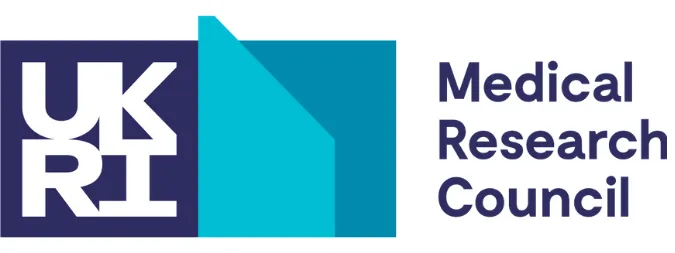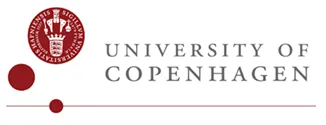Central to our research is understanding and tackling the systemic and intersecting drivers of disparities in health over the life course such as racism, gender, crime, precarious livelihoods, environmental pollution, and inaccessible health care. We work collaboratively across the School of Life Course and Population Sciences to strengthen the theoretical aspects of population health research. Our research actively involves our community, policy and practice partners in the co-development and evaluation of interventions that interact with dynamic social and health systems. Mixed methodologies underpin our research, including large quantitative datasets e.g., London-based longitudinal Determinants of Adolescent Social Well-being and Health (DASH), and qualitative methods such as ethnographic observation, participatory methods, storytelling, photovoice and digital diaries.
Capacity development of early career researchers is central to our group’s success. We welcome working with doctoral and post-doctoral researchers world-wide.
Our Partners

NIHR Maudsley Biomedical Research Centre

King's Health Partners
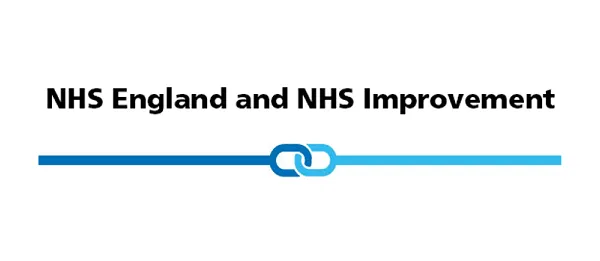
NHS England and NHS Improvement (NHSE/I)

The Academy of Medical Sciences

National Institute for Health and Care Research (NIHR) Applied Research Collaboration (ARC) South London
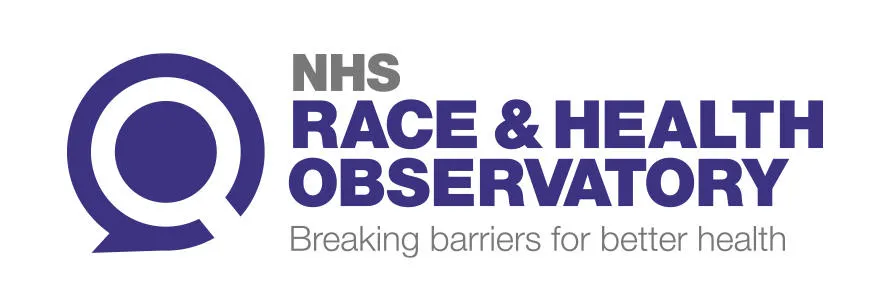
NHS Race & Health Observatory
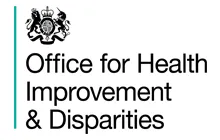
Office for Health Improvement & Disparities

NNEdPro Global Centre for Nutrition and Health

Great Ormond Street Hospital for Children
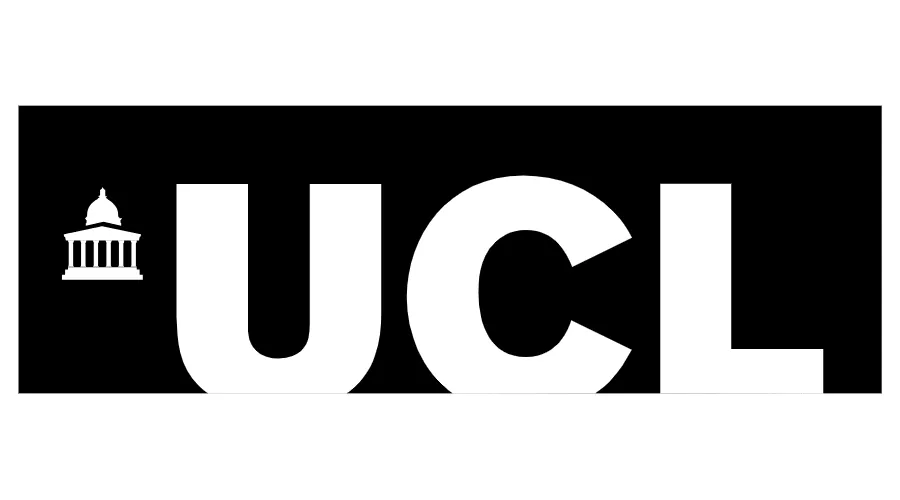
University College London
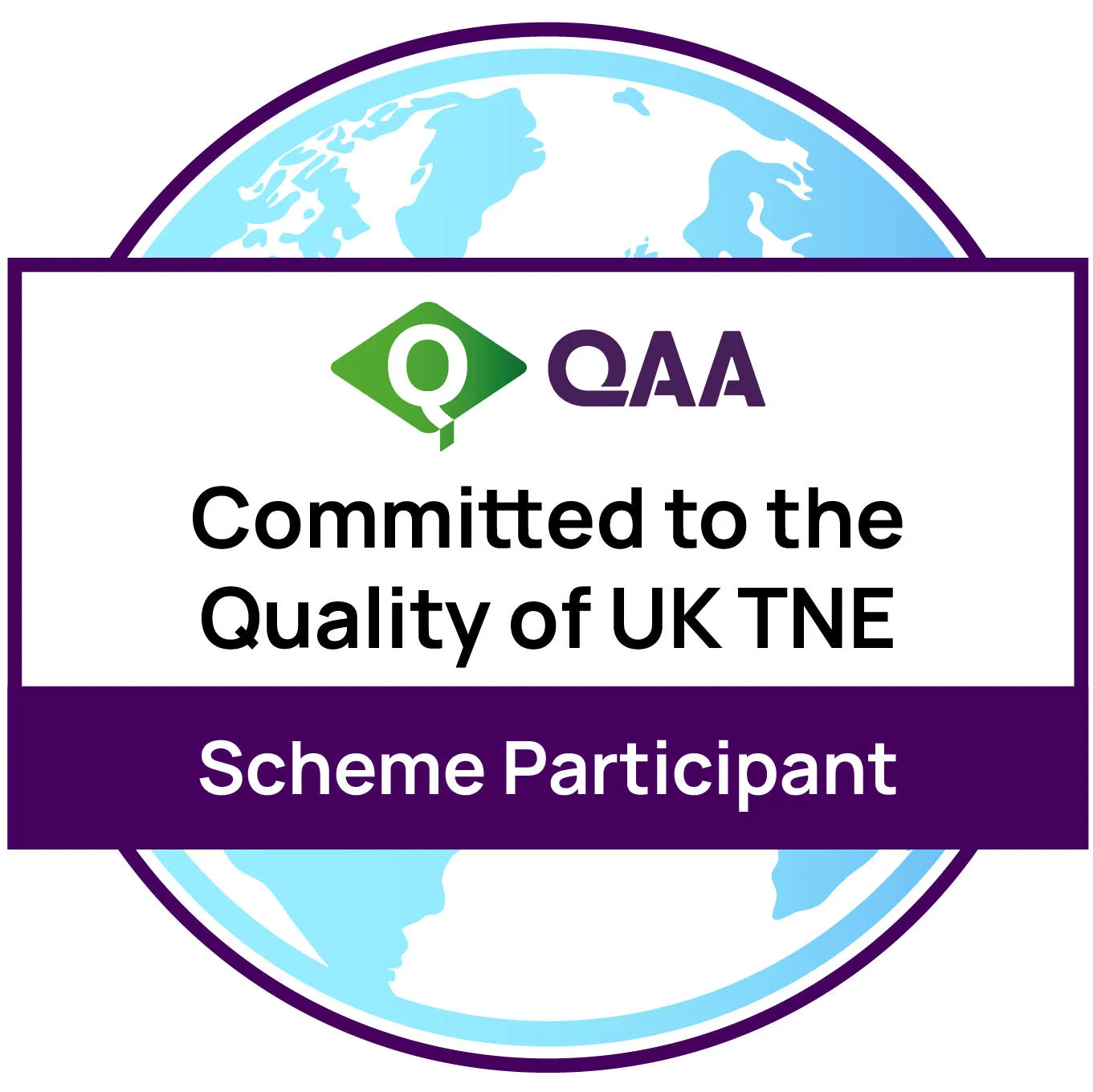
Participant in QAA QE-TNE Scheme

Heidelberg University

Steps Charity Worldwide

University of Bedfordshire

Federal University of Rio Grande do Sul

University of Mato Grosso do Sul

University of the West Indies
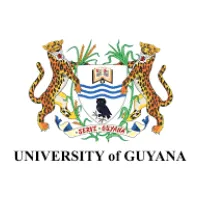
University of Guyana

Kenya Medical Research Institute

Heidelberg Institute of Global Health

Australia National University
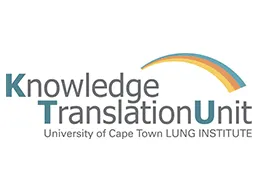
The Knowledge Translation Unit (KTU), University of Cape Town

The Research Partnership for the Control of Chronic Diseases in Africa (RESPOND-AFRICA)


